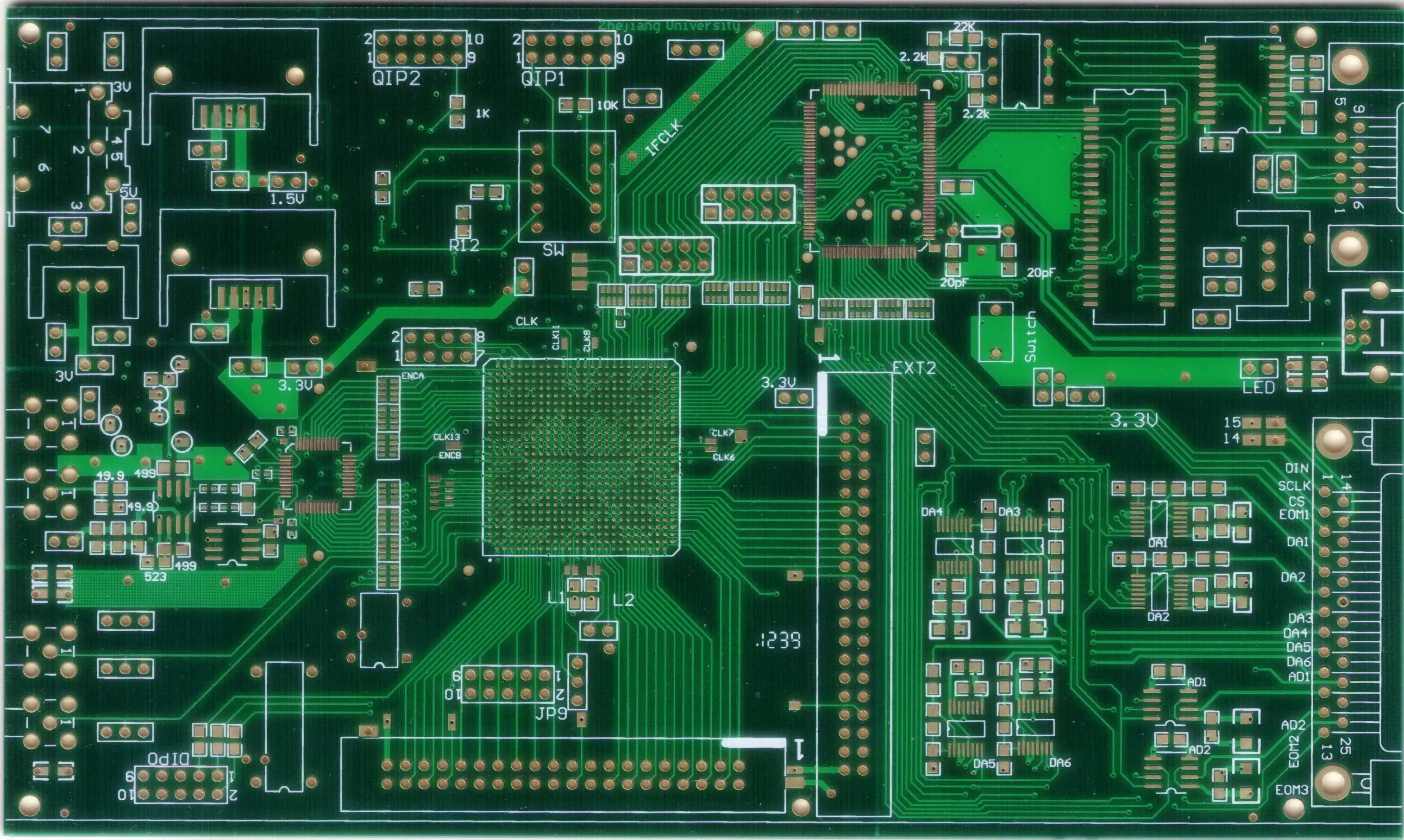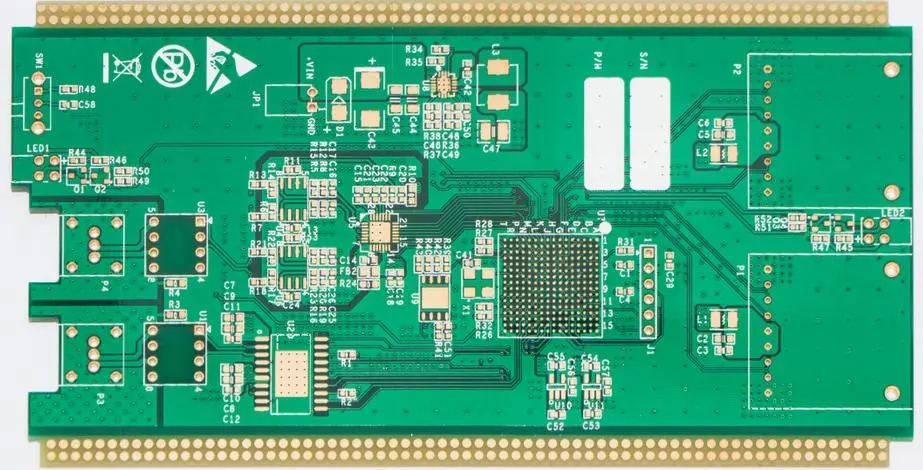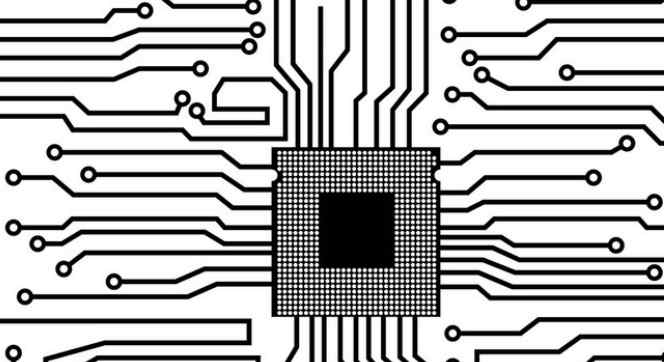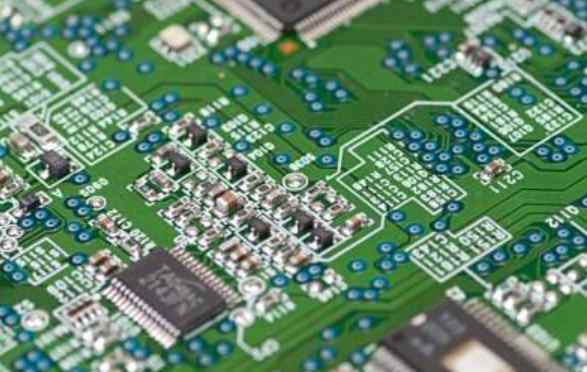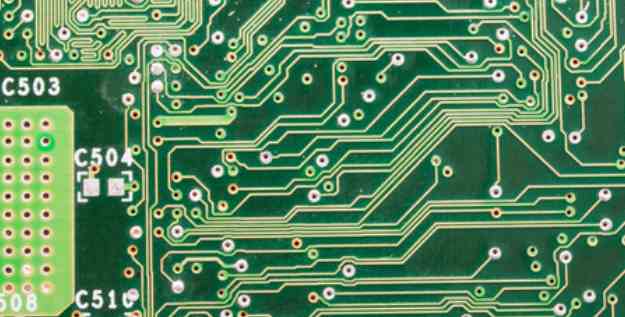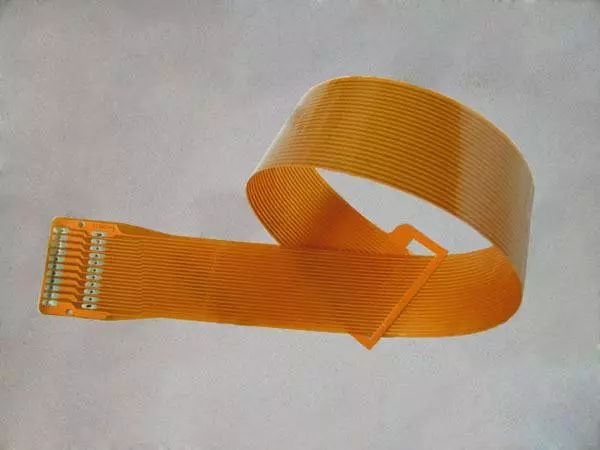
As the trend of consumer electronic products becoming lighter and thinner, FPC soft boards are forced to lay more wires in a limited area, and continue to develop towards the direction of ultra-fine, such as thin line width, dense wiring, and fine process. At the same time, in order to meet the specific functional needs of downstream products and face increasingly severe environmental pressure, high-density, thin, multi-layer FPC, rigid flexible composite boards, and environment-friendly FPC soft boards are gradually becoming the direction of future development.
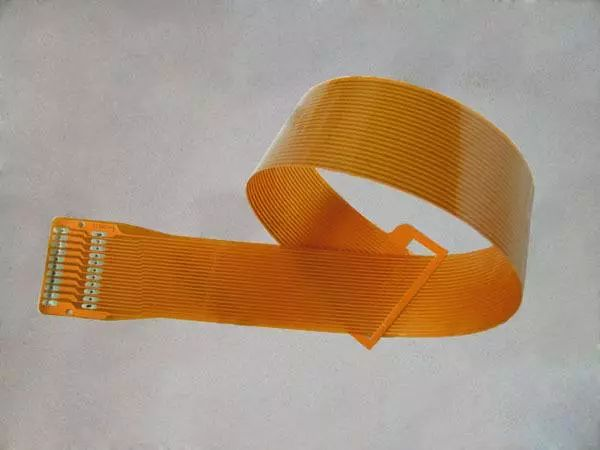
The demand for thinness such as mobile phones and tablet computers has led to the improvement of FPC market space. In the evolution of smart and thin mobile electronic products, FPC has been used in all directions due to its advantages of high density, light weight, thin thickness, bending resistance, flexible structure, high temperature resistance, etc. For example, at least 20 FPCs are required in the new Apple phones, and the tablet products will be further thin and light, which will increase the demand for FPC products. At the same time, leading domestic brands Huawei, OPPO, vivo, etc. will also increase the use of FPC.
In China, FPC soft board technology has also attracted considerable attention in recent years. In addition to the display and mobile phone screen familiar to the public, emerging industries such as wearable devices, VR, and UAVs, which are also closely related to this technology. There is a lot of room for the development of domestic FPC soft board industry. At present, the scale of FPC soft board in the Chinese market has grown to 31.6 billion yuan. It is estimated that by 2021, the Chinese FPC market is expected to reach 51.6 billion yuan, with a compound growth rate of 10%. It can be predicted that the market demand of FPC will maintain a certain growth rate in the future.
For example,
The global FPC market has exceeded 10 billion US dollars, and its share in PCB output value has gradually increased to about 20%. The domestic FPC market accounts for about half of the global FPC market; Mobile phones, tablets and computers are the main application fields of FPC, accounting for more than 60% in total.
FPCs are widely used in smart phones for the connection of parts and mainboards, such as display modules, fingerprint modules, camera modules, antennas, vibrators, etc. At present, the usage of mainstream smart phones FPC is 10~15 pieces, and the usage of iPhone X even exceeds 20 pieces. With the product upgrade, the usage of stand-alone FPC will continue to increase gradually in the future.
FPC also has a huge space in the automotive field, which can be used for power batteries, on-board display modules, sensors, lights and other scenes. FPC is an optimal choice to reduce process complexity, weight and cost. With the development of new energy vehicles, FPC for vehicles has broad prospects.


